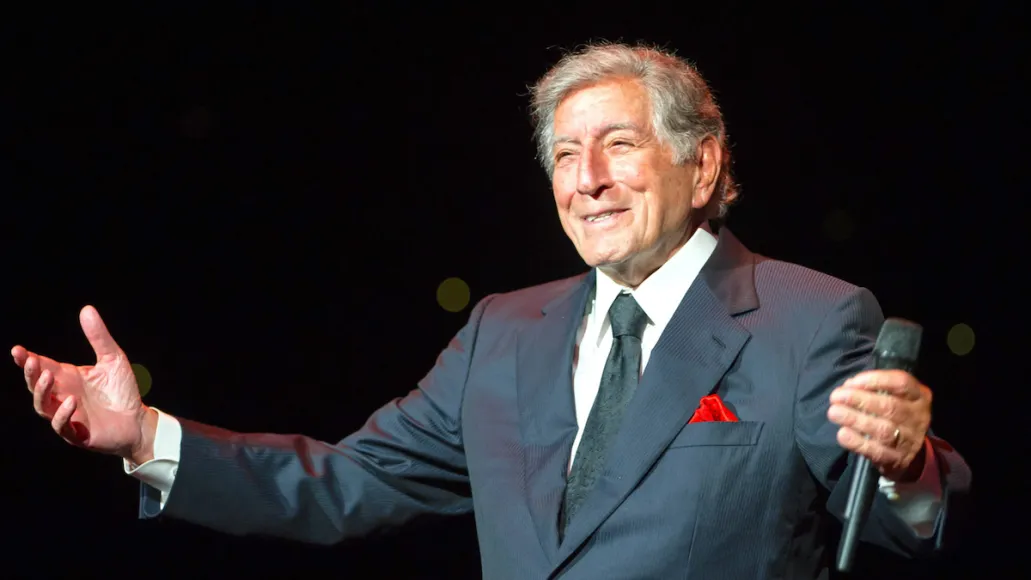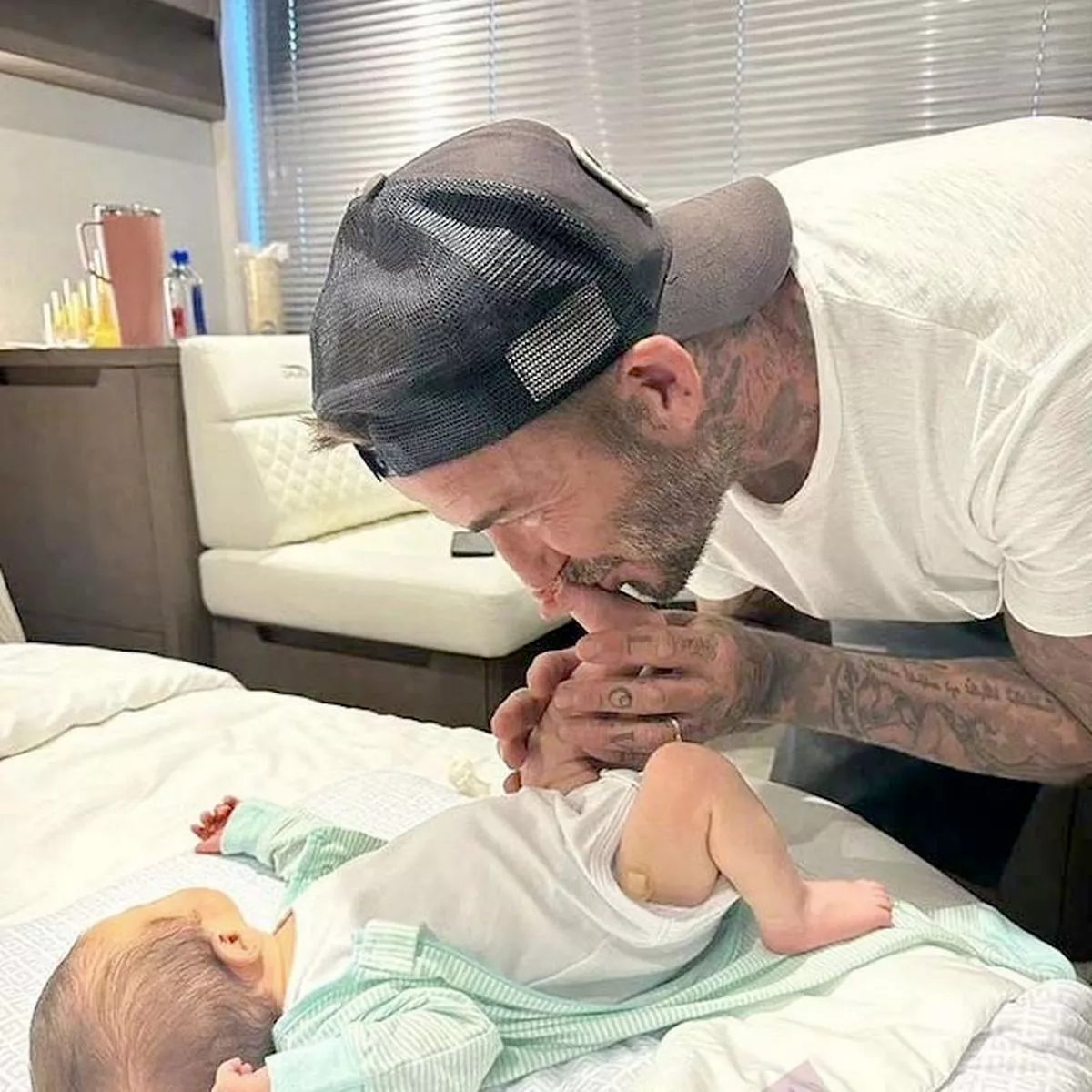Musician Paul Langosch was on tour with Tony Bennett in 1999 as a bassist in his band when Langosch’s wife, Michelle Dunn-Langosch, was suddenly diagnosed with lung cancer. It had spread to her brain and spine.
“Usually, in a situation like that, somebody is going to take your job,” said Langosch. “It’s just the way of the business.”
Langosch was stunned when Bennett told him that the spot in the band would remain his when he was ready for it. Bennett continued paying Langosch for the five months he took off to care for his wife, who also had multiple sclerosis.
“It was extraordinary,” Langosch told The Washington Post in a phone interview on the day of Bennett’s death at the age of 96.
“I just can’t forget something like that,” said Langosch, his voice trembling from his home in Chevy Chase, Md.
Langosch’s path to playing with Bennett happened in part by chance, but like many lucky breaks, he had already put in years of preparation.
Langosch began playing the bass as a child when he joined the orchestra at his public school in Bethesda, Md. From there, he never stopped playing the instrument.
He went to Montgomery College for three semesters, where he met jazz musician Bill Potts, who became a mentor and helped him meet people in the industry.
After several years of honing his skills, Langosch received a surprise call from Tony Bennett’s road manager, who said he was urgently seeking a bassist to play a three-night run with Bennett in Sacramento. Langosch immediately booked a flight.
“I had a friend who knew Tony’s drummer, and he recommended me,” Langosch recalled, adding that he had also raised his profile by working with prominent musicians that were passing through D.C., including Mel Tormé and Phil Woods. “I was in the right place at the right time.”
Although Langosch was confident in his musical abilities, he was nervous to play with Bennett, who at that point had long maintained superstar status.
“It was high pressure. You didn’t want to mess up,” Langosch said.
After the first performance in Sacramento, Langosch was hired as the band’s bassist.
“It was such an honor to get to do a gig like that,” Langosch said. “I always loved his singing.”
Langosch went on to play with Bennett for a cumulative 20 years — from 1985 to 1993, and then again from 1996 to 2008.
“When I first started working with him, it was before he had his resurgence,” Langosch said, pointing to the artist’s revival in the late 1980s, after Bennett was temporarily seen as a “has-been.”
“It was an incredible thing to see Tony make it back,” Langosch said. “The most important thing for him was the quality of the music. As a musician, you’re really lucky to get to work with an artist like that.”

In addition to admiring Bennett’s musical talent, Langosch quickly came to appreciate him in other ways.
“He was a very genuine person,” he said.
Many times over the course of his career, Langosch watched in awe as Bennett showed kindness to both bandmates and strangers.
“If there was somebody that was in trouble, Tony was one of the first people there,” he said. “He helped out as much as he could.”
Bennett famously served in World War II, writing in his 1998 autobiography, “The Good Life,” about the atrocities he saw. Those memories led him to become a civil rights activist. In 1965, his friend and singer Harry Belafonte asked him to walk in a civil rights march planned by Martin Luther King Jr. in Selma, Ala. Bennett accepted without hesitation.
Although Langosch had witnessed Bennett’s generosity before, he never expected to be a beneficiary of it.
“I honestly don’t know what I would have done otherwise,” Langosch said about his family crisis.
He said Bennett called him several times to check in while his wife was ill, and offered to connect him with renowned doctors. When the couple visited the Mayo Clinic in Rochester, Minn., Langosch said, “he picked up our hotel room.”
“She was so far gone that they wouldn’t treat her,” said Langosch. “We spent the last few months just being quiet and managing her pain.”
After Langosch’s wife died, “I felt like I really needed to get back to work,” he said. “It was a very, very difficult transition.”
Being in Bennett’s band, though, “was like being in a family.”
Langosch carried on as Bennett’s bassist until 2008, when he decided to retire from touring.
“When it’s time, it’s time,” said Langosch, who continued making music. He performed at local venues — such as the Bertha’s Mussels in Baltimore — and taught jazz at Virginia Tech in 2013.
“I still play as much as I can,” he said.
Langosch stayed in touch with Bennett over the years and often thought about what the artist did to lighten his load during a turbulent time.





